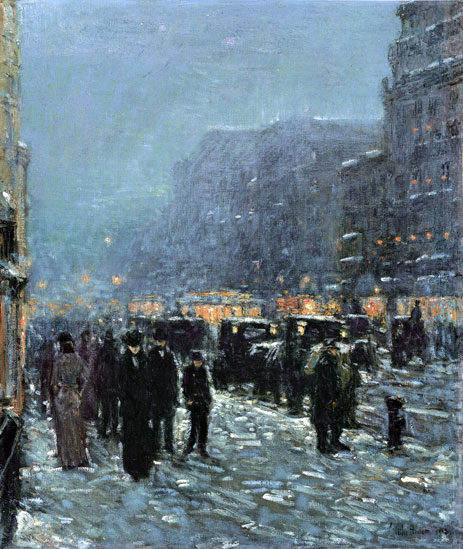水調歌頭
ㅡ 蘇東坡 [蘇軾 (1037年 - 1101年)] ㅡ
明月幾時有 (밝은 달은 언제부터였던가)
把酒問靑天 (술잔을 들어 하늘에 묻노라)
不知天上宮闕 (천상의 궁궐이여)
今夕是何年 (오늘 밤은 또 어느 해인가)
我欲乘風歸去 (바람 타고 하늘 궁궐 돌아가고 싶지만)
又恐瓊樓玉宇 (경루에 선경도 두렵기만 하고)
高處不勝寒 (저 높은 곳 추울까 두려워라)
起舞弄淸影 (일어나 춤추며 그림자와 노나니)
何似在人間 (인간세상에 어찌 이런 곳 있으랴)
轉朱閣低綺戶 (붉은 누각을 돌아 비단창문으로 들어와)
照無眠 (잠 못드는 이를 비추누나)
不應有恨 (무슨 한이 있어서)
何事長向別時圓 (늘 헤어져 있을때만 둥글어지는 것인가)
人有悲歡離合 (사람에겐 슬픔과 기쁨 이별과 만남이 있고)
月有陰晴圓缺 (달에는 흐리고 맑음 ,둥글고 이지러짐이 있나니)
此事古難全 (예전부터 온전해질 수는 없는 일이로다)
但願人長久 (그리운 이여 오래도록 강건하게나)
千里共嬋娟 (천리 멀리 떨어져 있으나 밝은 달을 함께 하세)
Since when has the bright moon been in existence?
Asking the sky with wine in hand
Don't know in Heavenly Palace
Which year is tonight
I desire to ride the wind to return
Only fearing that of ethereal towers and jade bungalows
The higher ground is unbearably chilly
Starting to dance, creating a lone shadow
How likely is it being in humanity?
Revolving the red pagoda, through shaded windows, shines on the insomniac
Must not possess hatred, why do things often come to closure but at times of departure?
Men have sorrow, joy, separation and union
Moon has shade, sunny, full and depletion
Such thing is impossible of perfection since the ancient
Wishing that men live long
To enjoy the moon together although thousands of miles apart
|
|
|
鄧麗君(Teresa Teng) - 但願人長久(Wish We Live Long Lives)


Su Shi (traditional Chinese: 蘇軾; simplified Chinese: 苏轼; pinyin: Sū Shì) (January 8, 1037 – August 24, 1101), was a writer, poet, artist, calligrapher, pharmacologist, gastronome, and statesman of the Song Dynasty, and one of the major poets of the Song era. His courtesy name was Zizhan (子瞻) and his pseudonym was Dongpo Jushi (東坡居士), and he is often referred to as Su Dongpo (蘇東坡). Besides his renowned poetry, his other extant writings are of great value in the understanding of 11th century Chinese travel literature as well as details of the 11th century Chinese iron industry.
소식(蘇軾, 1037년~1101년)은 중국 북송 시대의 시인이자 문장가, 학자, 정치가이다. 흔히 소동파(蘇東坡)라고 부른다. 시(詩),사(詞),부(賦),산문(散文) 등 모두에 능해 당송팔대가의 한 사람으로 손꼽혔다. 소동파는 기본적으로 유교사상에 뿌리를 둔 현실참여주의자로서 나라를 걱정하고 백성을 구제해야 한다는 지식인 이었다. 그러나 그는 한편으로 불교사상과 도교사상에서 비롯된 탈현세적 생각도 동시에 지니고 있었기 때문에 물질세계의 허무성과 무가치성을 간파하고 물질세계 바깥에서 노닐려는 초월적 인생관도 지니고 있었으며, 그 결과로 자연을 매우 사랑했고 나아가 그 자신이 자연으로 돌아가 자연의 일부가 되기를 원했다.
|





























































